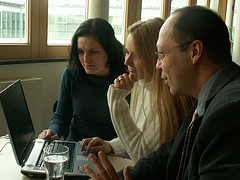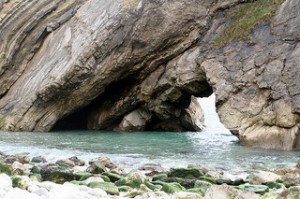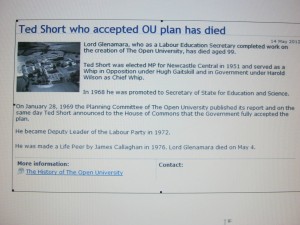Former OU PVC goes online
Tuesday, July 17th, 2012
Coursera calls itself a ‘social entrepreneurship company’ which aims to deliver online courses. Founded by two academics from Stanford University and funded to the tune of $22m by the computer industries, it claims to offer ‘education for everyone’ by providing courses from its partner universities. These include the California Institute of Technology, Duke University, Johns Hopkins University, University of Virginia, Rice University, UC San Francisco, University of Illinois and University of Washington and also Toronto in Canada and the Ecole Polytechnique Federale de Lausanne in Switzerland. Coursera does not offer degrees, but students can be awarded certificates. (more…)


